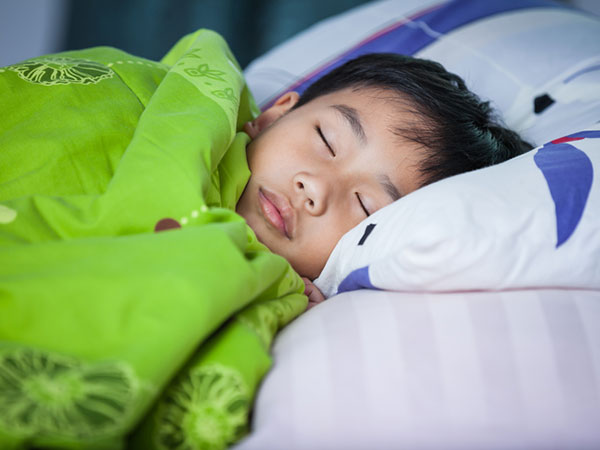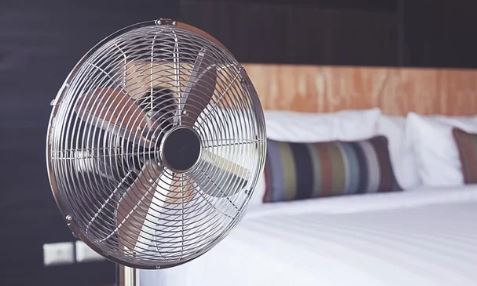If you think your child gets enough sleep, you could be wrong. According to the National Sleep Foundation, most kids sleep less than their parents realize.
Sacrificing Sleep
Emerging research suggests that sleep is just as important as nutrition and exercise are to your child’s health – and we’re talking about more than colds and the flu. Scientists aren’t sure why, but too little sleep is linked with both packing on extra pounds and developing Type 2 diabetes. Researchers have observed this effect on body weight in kids of all ages – even infants, toddlers and preschoolers. One theory for weight gain is that inadequate sleep disrupts hormone levels that regulate appetite and food intake. Thus, too little sleep means bigger portions of foods and more snacking.
When kids are overextended in activities, weighed down with homework, constantly texting or plugged into the Internet and other technology, something has to give. Unfortunately, it’s frequently an hour or two of shut-eye that gets knocked off the priority list. Sleepy kids lack the energy and focus for playing outside and doing schoolwork. They’re more likely to sit in front of the television where they burn few calories and challenge neither their minds nor their bodies.
Make Sleep a Priority
If parents don’t make sleep a priority for themselves, their kids likely won’t either.
Here are some things you can do to help kids sleep better and longer:
- Limit after-school clubs and sports to a manageable number.
- Set and enforce regular bedtimes.
- Limit or cut out non-essential activities on school days — TV, computer, video games, texting, etc.
- Keep phones out of the bedroom.
- Create a routine roughly 30 minutes before bedtime doing quiet, calming activities with your kids, such as reading, listening to music, or talking about their day to help them wind down and prepare for sleep.
- Set priorities for young children and help older children set their own.
According to the American Academy of Pediatrics, sleep needs vary by age and get lower as children get older. Below is a range of sleep needs per age:
| Newborn infants: 0 to 2 months | 12 to 18 hours (includes naps) |
| Infants: 4 to 12 months | 12 to 16 hours (includes naps) |
| Toddlers: 1 to 2 years | 11 to 14 hours (includes naps) |
| Preschoolers: 3 to 5 years | 10 to 13 hours (includes naps) |
| School-age children: 6 to 12 years | 9 to 12 hours |
| Teens: 13 to 18 years | 8 to 10 hours |
| Adults: 18 and older | 7 to 9 hours |


